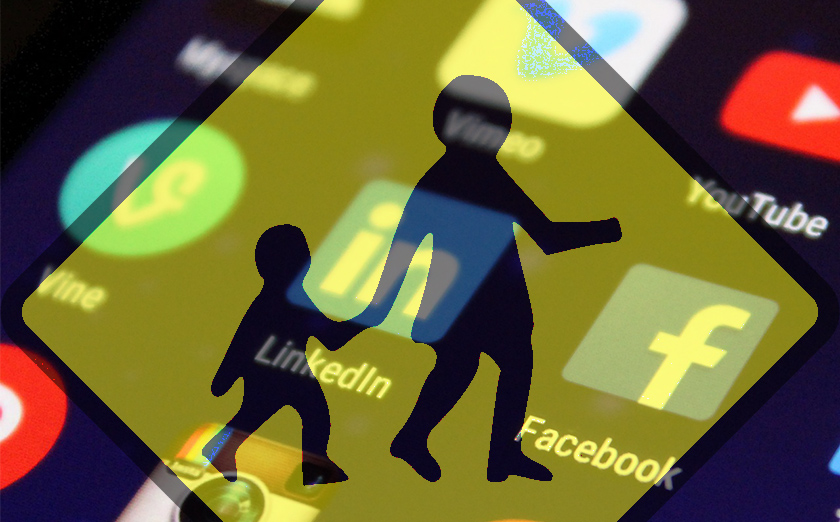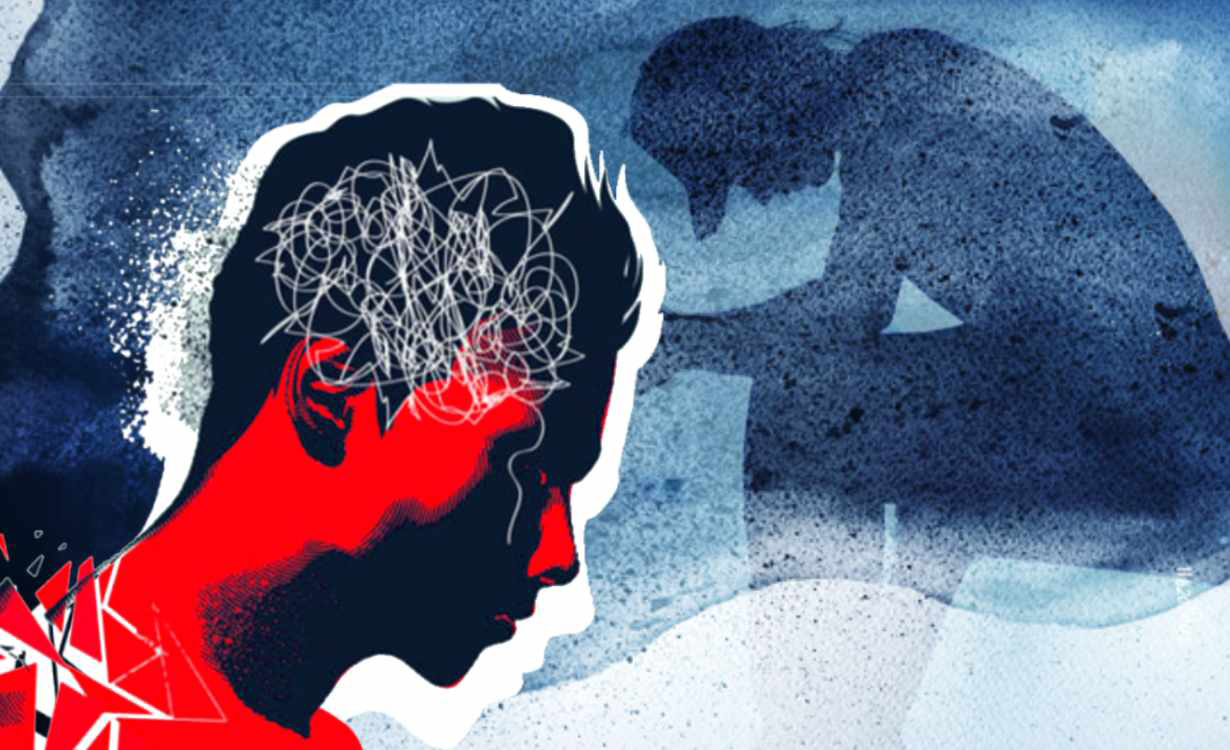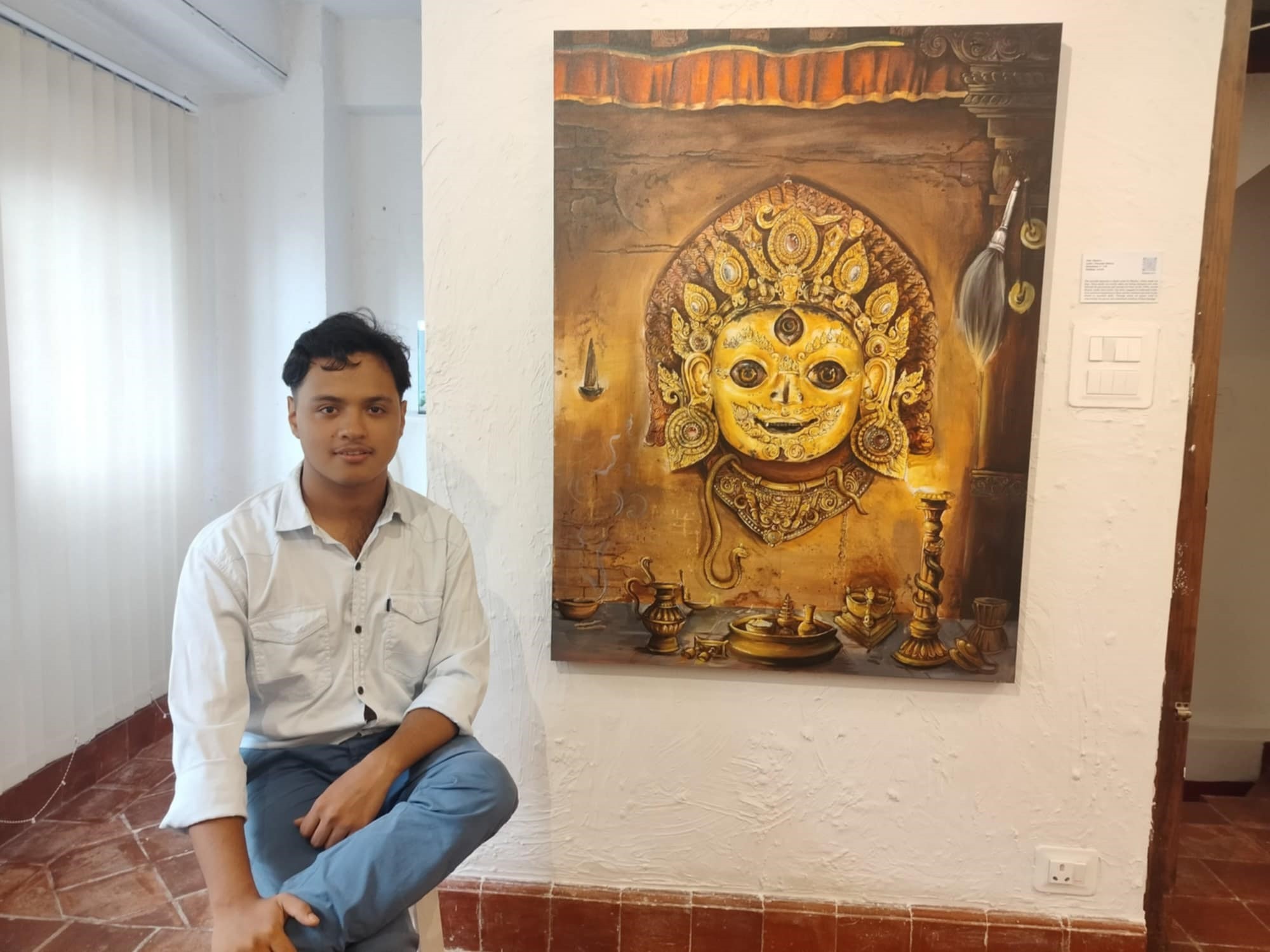Last month, a stranger commented on a photo posted by a woman on Facebook, a popular social media platform, making serious allegations about her character. The woman got busy with her work before she got a call from her husband, who works abroad, shouting at her badly.
She then immediately cut off her husband’s phone and saw the comment. The person commenting was not a person she knew.
She could not convince her husband that whatever was written in the comment was not true. As a result, their relationship hit a crisis. Both of them went through mental stress. She lodged a complaint against the person who commented, taking the help of her relatives. Afterwards, the man was arrested.
It was just fun for the person who wrote such a comment, assassinating her character. However, the act had a serious impact on the woman, her husband, and their marriage. The woman is now being treated for depression while the culprit was released by the police after nominal action. Their marriage is back on its terms.
This is just an instance of how one irresponsible act of others on social media, done for fun or entertainment, can harm the targeted person, their mental health, and their relationships.
Social media houses billions of people having different tendencies and mentalities. In this mass, there are plenty of people having antisocial tendencies. Meanwhile, many people are interested in who is wearing what, who said what, who posted what photos, who wrote what, etc. Then, they start humiliating or making fun of others on social media platforms.
Psychologists have interpreted such a nature as a mental disorder. They say the impacts of such acts are unimaginable as in many cases, they have led some victims to suicidal thoughts and mental health problems just like in the case mentioned above. Such impacts are more severe on the teenagers.
Mental illness or general human nature?

Psychologist Govinda Dhakal says that the comments made on social media about personal, family, and sexual relations have negative impacts on an individual. It is considered a crime to react to private matters on social media. It is also a legal offence to publicly comment on a person’s life in a way that violates one’s privacy or defames their image.
However, due to a lack of illiteracy and insensitivity, such negative comments are rampant on social media platforms. Moreover, in general, the most important thing for any individual is their respect and reputation. When one’s self-esteem and reputation are defamed, one becomes deranged. When the person breaks down so hard emotionally and mentally, it can lead to mental health problems, depression, and even suicide. What seems normal to the comment maker may seem serious to the other person.
Psychologist Rojisa Shahi Thakuri says social media have made it easier for people who have a tendency to make negative comments. On these platforms, they can say or pass mean and humiliating remarks which they can never say face to face.
Dhakal informs such perpetrators may also have mental health problems. People who are abusive, angry, and frustrated may also suffer from mental health illnesses. He insists that a person with a happy mind and positive thinking can never make negative comments.
“We have to understand that there is frustration, anger, hopelessness, and dissatisfaction in such personalities who are doing such acts,” he continues, “In some cases, it should be understood that such activities are guided or influenced by their mental state.”
However, Thakuri thinks otherwise: such people do not necessarily have mental health problems. She explains, “It’s human nature. Some people have such a nature that they don’t see anything positive. If they don’t like someone, they overlook their good qualities, good deeds or achievements. This is clearly not a mental health problem.”
According to Thakuri, such a tendency is due to a lack of self-confidence, and a sense of insecurity in individuals. “If a person feels that s/he is bad, he or she will make negative comments, in order to satisfy their guilt that the other person is also bad and not just me,” she says.
When one feels insecure, another person becomes a target of our insecurity and insecurity develops a negative attitude, she explains.
More negative impacts on the younger generation

Since teenagers are in such a stage of life when they get frustrated quickly. Hence, Dhakal says they are more likely to be affected by small comments and negative comments on social media.
Thakuri says the younger generation of social media users is more focused on beauty. They are self-evaluating themselves by the comments, likes, and shares on social media. “They spend a lot of time wearing makeup, clicking good photos and videos on social media. When a negative comment is made on such photos and videos, they become frustrated and sad.”
Thakuri also says that they are found to be very affected by the comments made about their ugliness, obesity, and colour. “As self-esteem has not been fully developed in teenagers, they can’t ignore such things and reach the label of being anxious, and depressed.
That is why she urges everyone to be very sensitive before giving comments on any issue. “It may seem normal to us, but it has a serious negative effect on the other person,” she makes it clear, “It’s important to be sensitive, especially when commenting on the younger generation.”



























